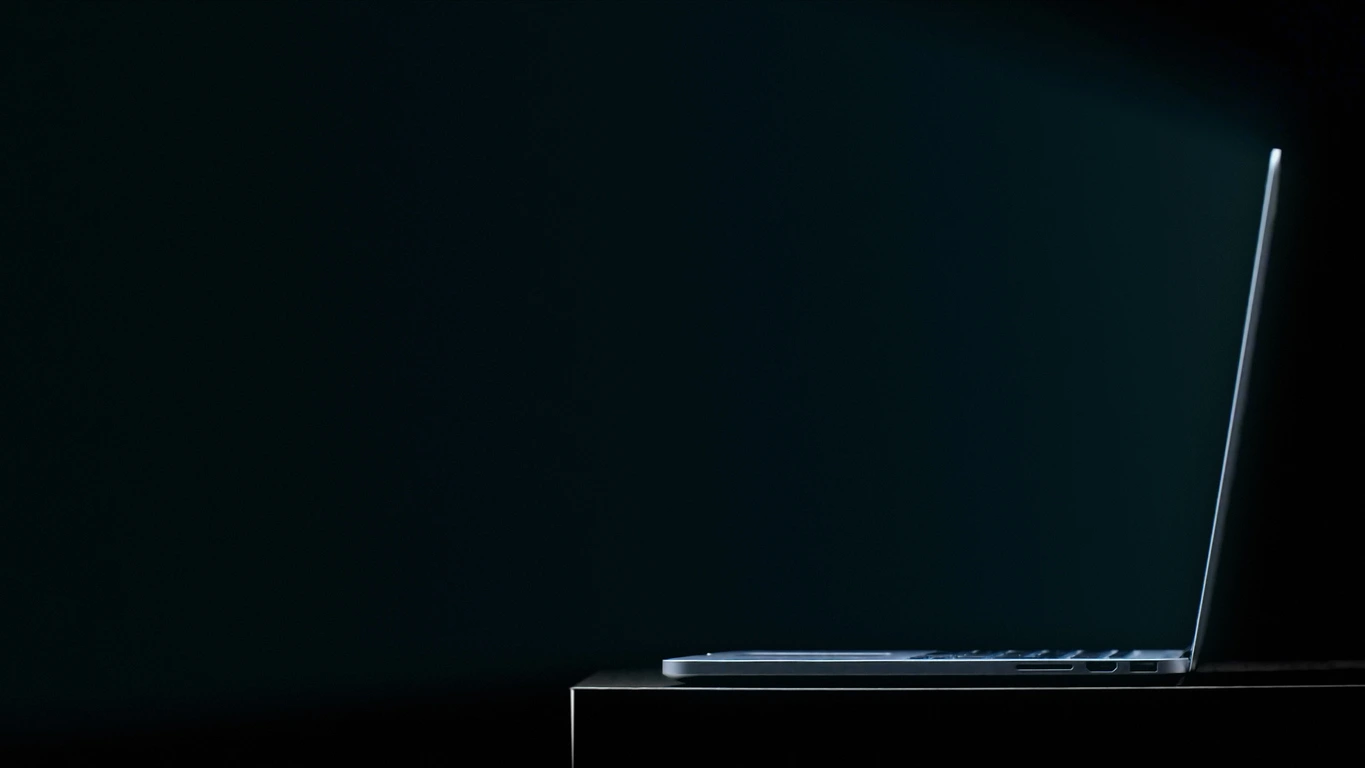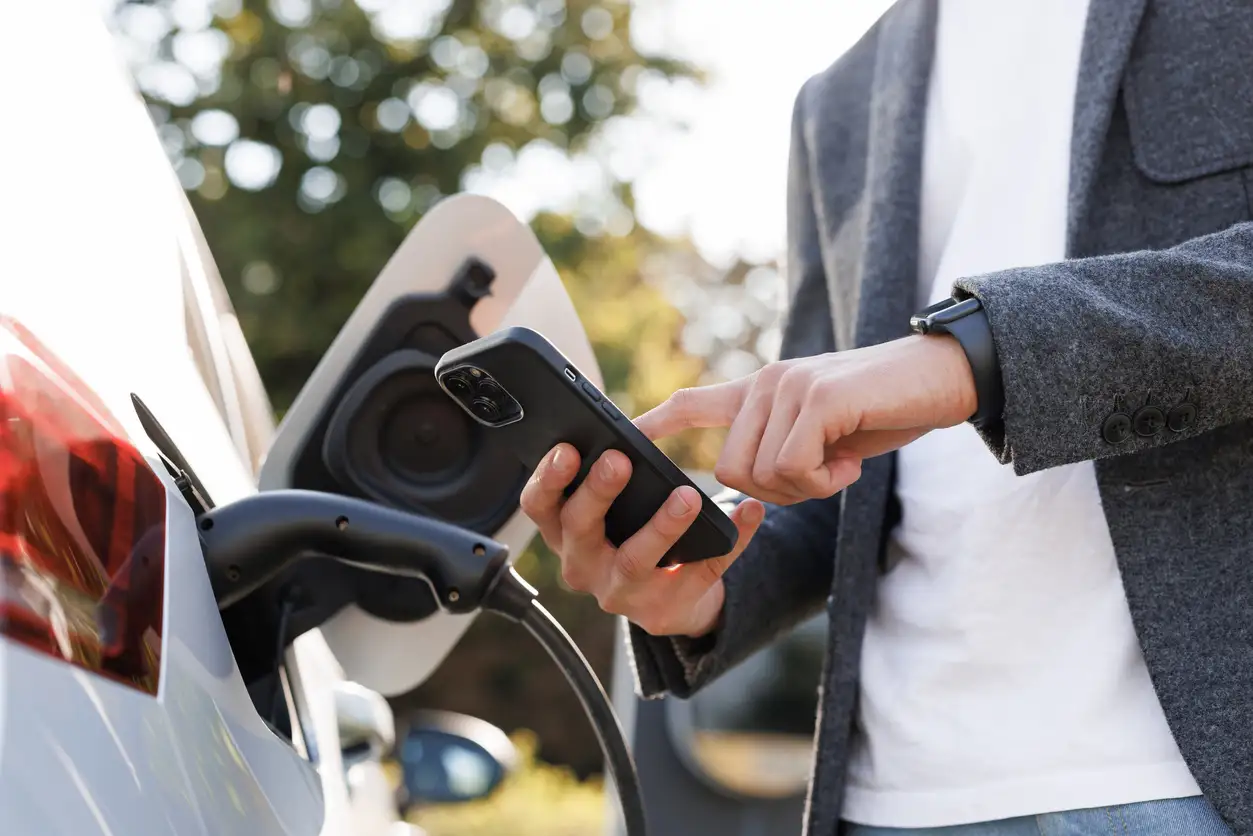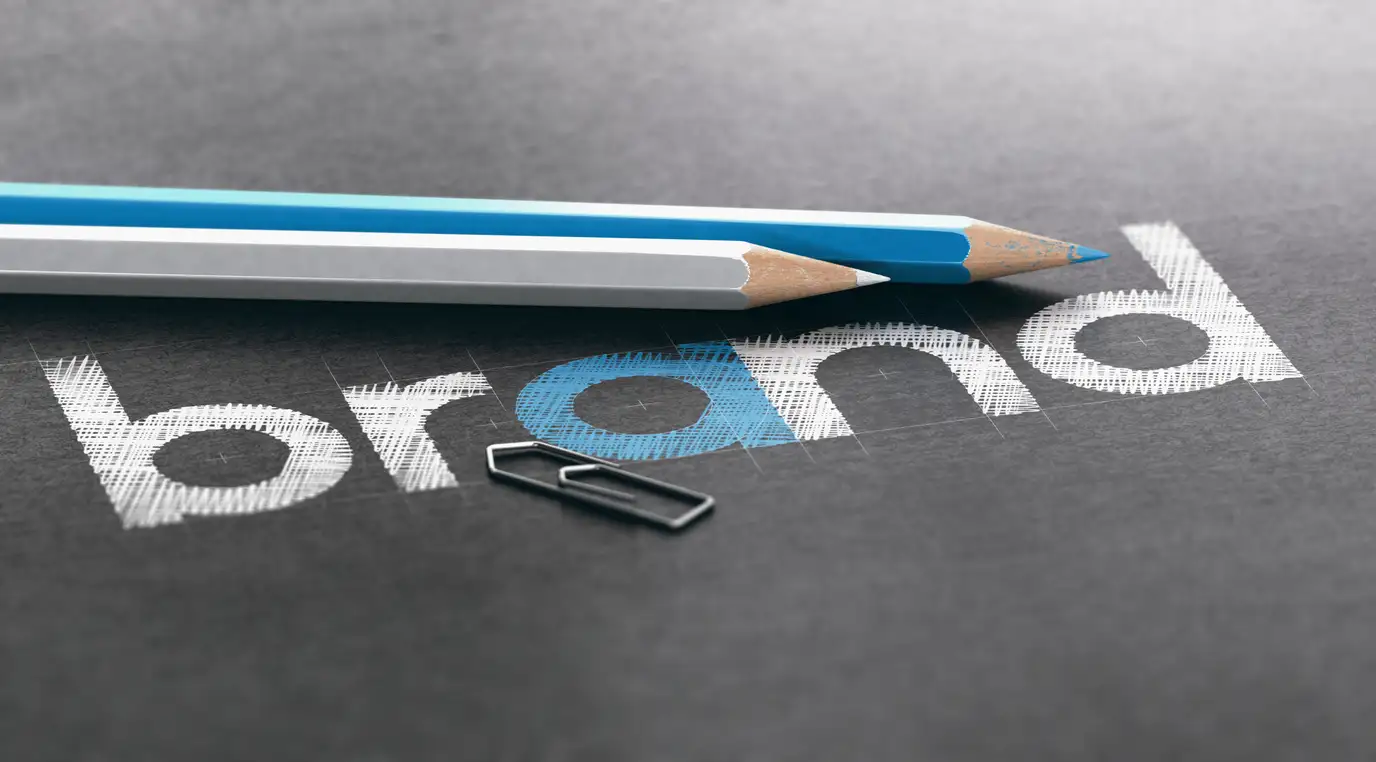Want to buy a laptop for your business as a self-employed person? Good idea. Because often you can enter that laptop as a business expense and write it off. That saves you tax. But there are rules you have to comply with. In this article we explain when a laptop is an investment, how you write it off and what this means for your bookkeeping, VAT and deductions.
When is a laptop a business asset?
A laptop counts as business assets if you use it mainly for work and it costs at least €450 without VAT. Do you use the laptop for 90% or more business purposes? Then it belongs to your company. If you're between 10% and 90%, you can choose whether it's private or business. Less than 10%? Then it is private and you cannot deduct it for tax purposes.
Caution: accessories such as a mouse or bag can sometimes be included. Were they bought at the same time and belong to the laptop? Then add the costs together.
Investment or cost? The limit is €450
Is the laptop (without the VAT) cheaper than €450? Then don't write it off, but book the cost immediately. Does the laptop cost €450 or more? Then it is an investment and you write off the cost over several years.
Depreciation: how does it work?
You usually write off a laptop in five years, unless you can show that it will last shorter. The most common way is linear. That means you depreciate the same amount every year (often with no residual value).
For example: buy a €1000 laptop in January? Then you write off €200 every year. Do you buy it in October? Then in the first year you write off only the part starting from that month, e.g. €50 for three months. The rest you divide over the following years.
What about VAT?
Do you use the laptop entirely for work? Then you can reclaim all the VAT in your VAT return. Do you use it partly privately? Then you may only deduct the business part. And does the use change later? Then you must adjust it. You do this with the VAT revision scheme. This applies to investments such as laptops that last longer than one year.
Books in your administration
You put a laptop costing €450 or more (excluding VAT) on the balance sheet as an asset. Every year you write off a bit of it. And this is reflected in your profit and loss account. Do you use accounting software? Then it will usually do this for you automatically.
Note: Laptops under €450 may be booked as expenses immediately. This can be done without fussing with depreciation or balance.
KIA: additional benefit with multiple investments
Do you make several investments in one year, such as a laptop and other business equipment? Then you may be able to make use of the small-scale investment deduction (KIA). In 2025, if you invest a total of more than €2900, you may deduct up to 28% extra of that amount from your profit. A laptop counts towards the KIA if:
- the price is €450 or higher (excluding VAT)
- you write it off as an investment
Cheap laptops are therefore not covered by this scheme.
Conclusion
You can deduct a business laptop directly if it costs less than €450 (excluding VAT). Is it more expensive? Then you will usually write it off over five years. Make sure you account for this properly and check whether you can reclaim the VAT. Have you made several investments that year? Then don't forget the small-scale investment deduction (KIA). This could give you a substantial tax advantage.





